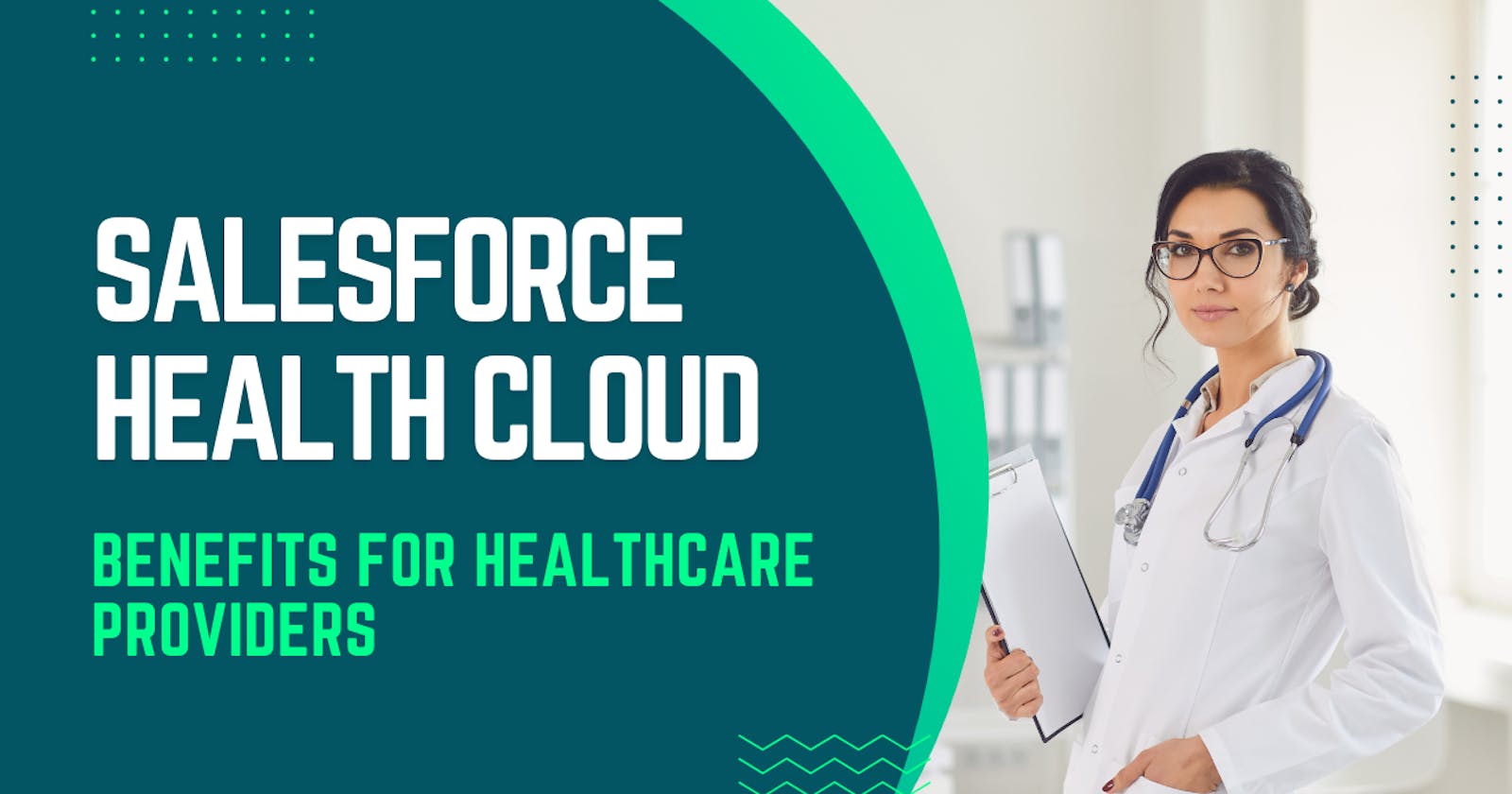The Salesforce Health Cloud Implementation is meant to give you a sense of the continual changes that healthcare businesses go through. The healthcare sector’s focus on providing care that is more patient-centric is one of the intriguing changes currently being witnessed.
This enormous change has compelled the sector to review its approach to patient care and grasp the whole picture of patient health.
Leading healthcare organizations like Salesforce have embraced the move to deliver value-based care. Salesforce’s Health Cloud is a result of this change.
With the use of the cloud, enterprises can better understand their customers, forge stronger bonds with their clients, make more informed decisions, and connect patients with providers from any location thanks to Health Cloud technology.
With the help of this cloud solution, the healthcare sector will be better equipped to solve issues with care delivery and expand its prospects to enhance patient and population health outcomes. The Salesforce Health Cloud implementation is a viable solution for healthcare enterprises.
We will go over the Salesforce Health Cloud implementation fundamentals in this article so that you, as a healthcare business, may start using it right away. Let us see if the solution merits further research.
What Does Salesforce’s Health Cloud Mean?
Developed on the Salesforce platform, Health Cloud is a cloud-based customer relationship management (CRM) and patient monitoring solution for the healthcare industry that promotes interoperability and data sharing.
The Salesforce Health Cloud implementation guide offers a comprehensive view of patient information, enabling smart patient management and real-time patient engagement.
The Health Cloud provides a platform that connects administrators, healthcare professionals, and patients to provide them with the information they require.
It does this by harnessing the capabilities of the cloud, social media, and mobile technology. It enables enterprises to approach care from a patient-centric perspective.
With the help of Salesforce, insurance firms can link payers with members and providers for more efficient and effective engagement.
It also provides support to numerous large and small biotech and pharmaceutical companies for the creation of patient support initiatives.
The Salesforce Health Cloud implementation was created in partnership with a variety of design and integration vendors to explicitly address the requirements of the healthcare industry for providing better care.
What Distinguishes the Sales Cloud from the Health Cloud?
Salesforce used the features of Sales Cloud to build Health Cloud, but the system provides more.
With an integrated system that expands the possibilities of Sales Cloud, Health Cloud helps firms stand out in the congested healthcare industry.
It makes use of Sales Cloud technologies and goes beyond to offer individualized service with comprehensive insights.
Sales Cloud is a cloud-based tool that streamlines customer data, records client contacts, and automates most salespeople’s responsibilities to help them close more deals more quickly and effectively.
For healthcare businesses, especially insurance providers, this tool can help them forge closer relationships with clients and spend more time completing sales.
Important benefits of the Salesforce Health Cloud
Scale and automate compliance and adherence processes.
With the capacity to manage prior authorizations, patient sign-ups, and fulfillment tracking, patients can receive their medication more quickly.
These actions serve as the starting point for scaling therapy-specific support programs, allowing teams to cut operational costs while giving patients the best chance for successful treatment results.
Enhance the experience for patients and HCPs.
The Health Cloud enables biotech and pharmaceutical firms to instantly connect with patients and HCPs on their chosen devices, wherever they may be.
Businesses can instantly understand where a patient is on a trip at any given time and be able to personalize their needs thanks to personalized case management capabilities with any access point used by patients.
Compliantly gather and evaluate important data about products and processes.
Health Cloud makes it simple to collect information about script approval, prior approvals, adverse events, or consumer complaints directly from patients or their HCP, which can then be easily evaluated for reporting requirements.
Additionally, it may be tailored to fit your specific business standards for guided program registration and digital consent management.
Care Teams Working Together
Salesforce Health Cloud offers care teams and health organizations a comprehensive picture of the healthcare industry that enables better collaboration and patient data monitoring.
So that medical teams may concentrate on patients, the system handles patient acquisition, clinical check-up appointments, hospital enrolments, and access to treatment equipment and medications, among other things.
360° Patient’s Data Overview
Without having to go through a stack of documents or switch screens, you may obtain minute facts about the patient, such as their recent health issues, medical appointments, and drug histories.
Complete Patient Experience
Every patient can have a personalized healthcare plan created for them, and you can connect them with other caregivers in your network.
Coordination and Patient Engagement
Through the Salesforce Communities and Salesforce Health Cloud, patients or caregivers can communicate with one another.
Wrapping Up
In this post, we learned in-depth information about the capabilities and advantages of the Salesforce Health Cloud. We usually recommend that our customers use Salesforce consulting services at Cynoteck, the leading Salesforce development company. Our team shares high-level proficiency in the use of salesforce integration tools.
